
Radar | Aug 28,2021
For the first time since Prime Minister Abiy Ahmed (PhD) was sworn in for a five-year term in office, he was back in Parliament early last week to answer questions from MPs. The period in between had been marked by one of the most consequential, if not disconcerting, episodes in the civil war, death, suffering, runaway inflation, drought and massive displacements. It was followed by a moment of respite with a semblance of calm. The Diaspora homecoming campaign and the African Union summit helped give a sense of normalcy, albeit precarious. Parliamentarians' questions to the Prime Minister on Tuesday, February 22, 2022, reflected these.
The Prime Minister conceded that the economy had been impacted by a convergence of events, from the war in the north to COVID-19 and the drought in the south and eastern parts of the country. With over 18 million people receiving at least one dose of the vaccine, the pandemic seems to be receding. However, the drought has devastated livelihoods in the mostly pastoralist areas where it is occurring, though assistance is ramping up, including the World Bank's 64 million dollars in emergency assistance to the Somali Regional State. The civil war is another matter as it continues to see the many, and the humanitarian impact worsens. But the Prime Minister did not rule out a negotiated settlement with his arch-enemies.
“True triumph necessitates victory in peace,” he told parliamentarians.
Prime Minister Abiy was exuberant in his view of the prospect of the economy; he told MPs it would see better days than what has transpired over the past year. Neither the Prime Minister nor his senior macroeconomic advisors have addressed the issue of the source of growth. Where does growth come from? What will drive the growth in GDP they projected? This year, the budget deficit is forecasted to reach four percent of the GDP, partly due to the 122 billion Br supplementary budget approved last month. The government is in a desperate battle to close the gap using treasury bills in the bond market to avoid printing money. Pundits see it as unavoidable. The foreign currency crisis also continues unabated, with the import bill for essential items such as fuel, fertiliser and wheat doubling. The most worrying macroeconomic indicator is inflation. At 34.5pc last month, it led to a rise in the cost of living not seen in about a decade. The possibility of deficit financing as a cause was sidestepped, instead blaming hoarding, COVID-19 and poor supply chains.
PUBLISHED ON
Feb 26,2022 [ VOL
22 , NO
1139]

Radar | Aug 28,2021

Editorial | Jun 19,2021

Films Review | Jan 01,2022
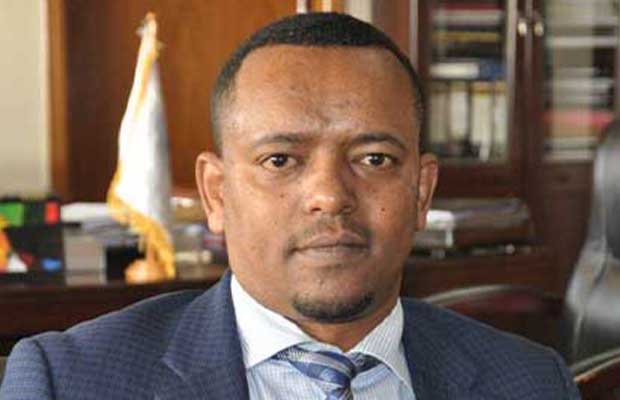
Exclusive Interviews | Jan 05,2020
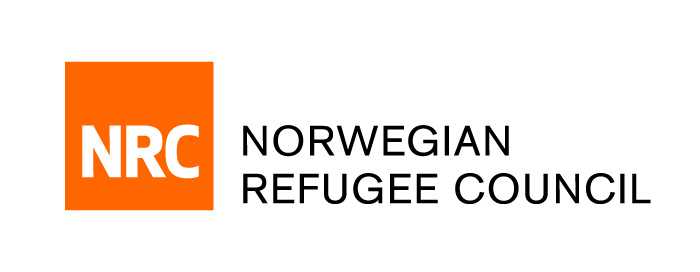
Fortune News | Jun 10,2021
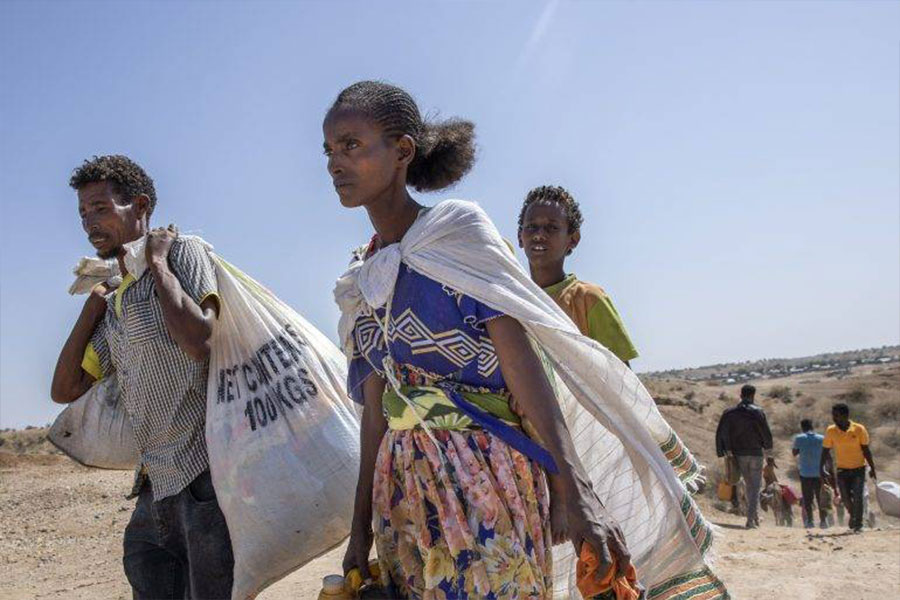
Fortune News | Oct 23,2021
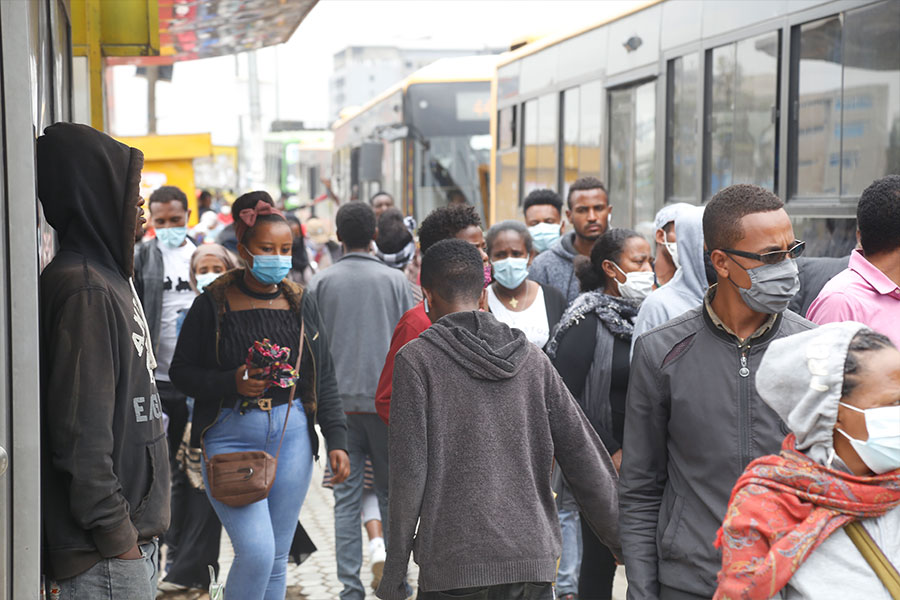
News Analysis | Aug 07,2021

Viewpoints | Aug 27,2022
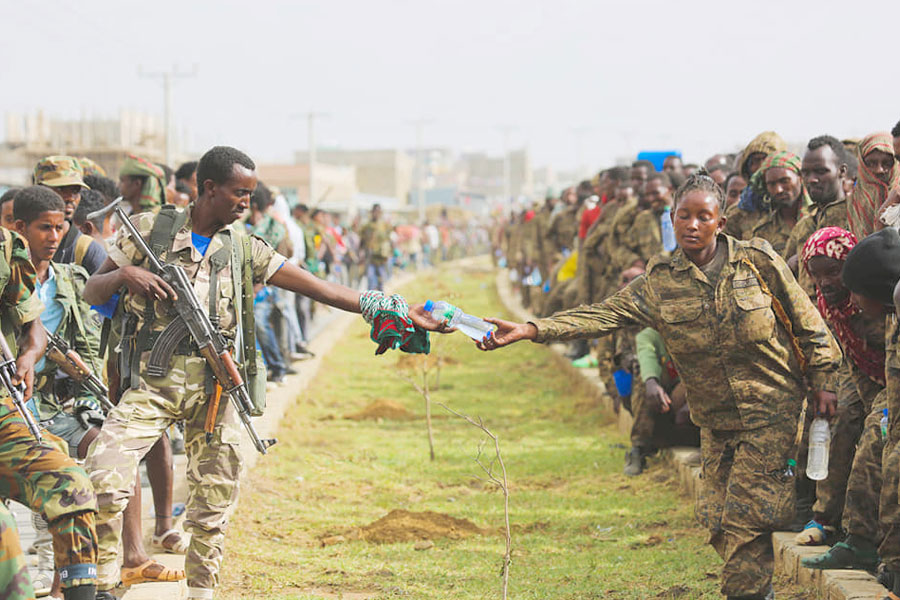
Fortune News | Jul 03,2021
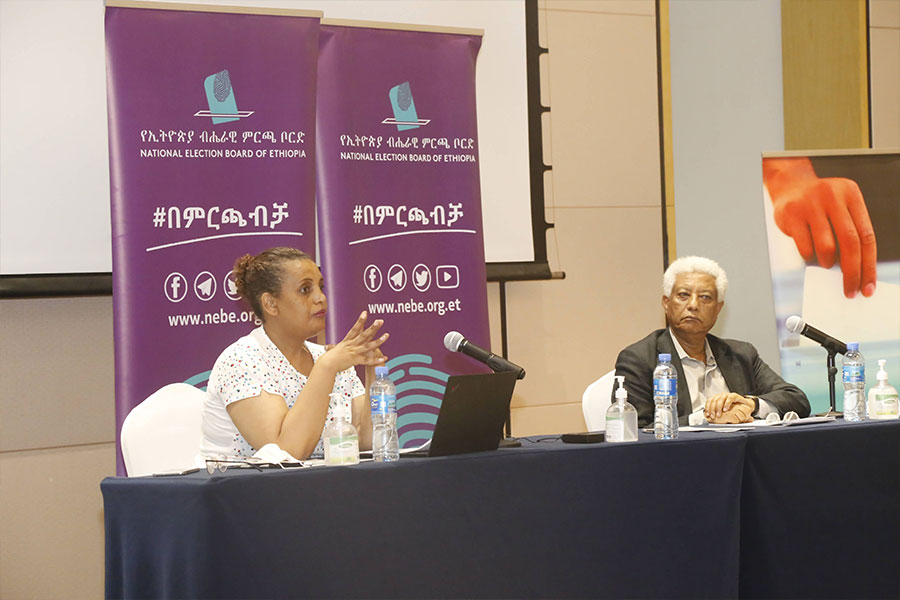
News Analysis | Jun 19,2021

Dec 22 , 2024 . By TIZITA SHEWAFERAW
Charged with transforming colossal state-owned enterprises into modern and competitiv...

Aug 18 , 2024 . By AKSAH ITALO
Although predictable Yonas Zerihun's job in the ride-hailing service is not immune to...

Jul 28 , 2024 . By TIZITA SHEWAFERAW
Unhabitual, perhaps too many, Samuel Gebreyohannes, 38, used to occasionally enjoy a couple of beers at breakfast. However, he recently swit...

Jul 13 , 2024 . By AKSAH ITALO
Investors who rely on tractors, trucks, and field vehicles for commuting, transporting commodities, and f...

Oct 18 , 2025
The political establishment, notably the ruling party and its top brass, has become p...

Oct 11 , 2025
Ladislas Farago, a roving Associated Press (AP) correspondent, arrived in Ethiopia in...

Oct 4 , 2025
Eyob Tekalegn (PhD) had been in the Governor's chair for only weeks when, on Septembe...

Sep 27 , 2025
Four years into an experiment with “shock therapy” in education, the national moo...